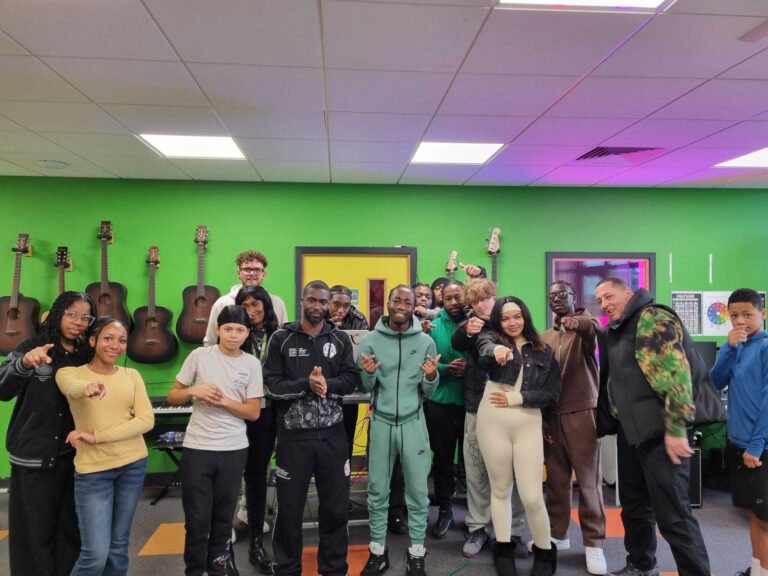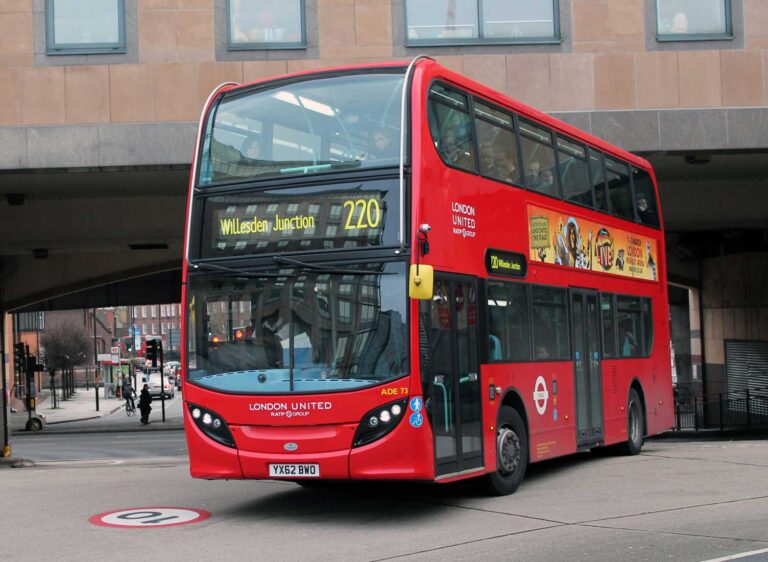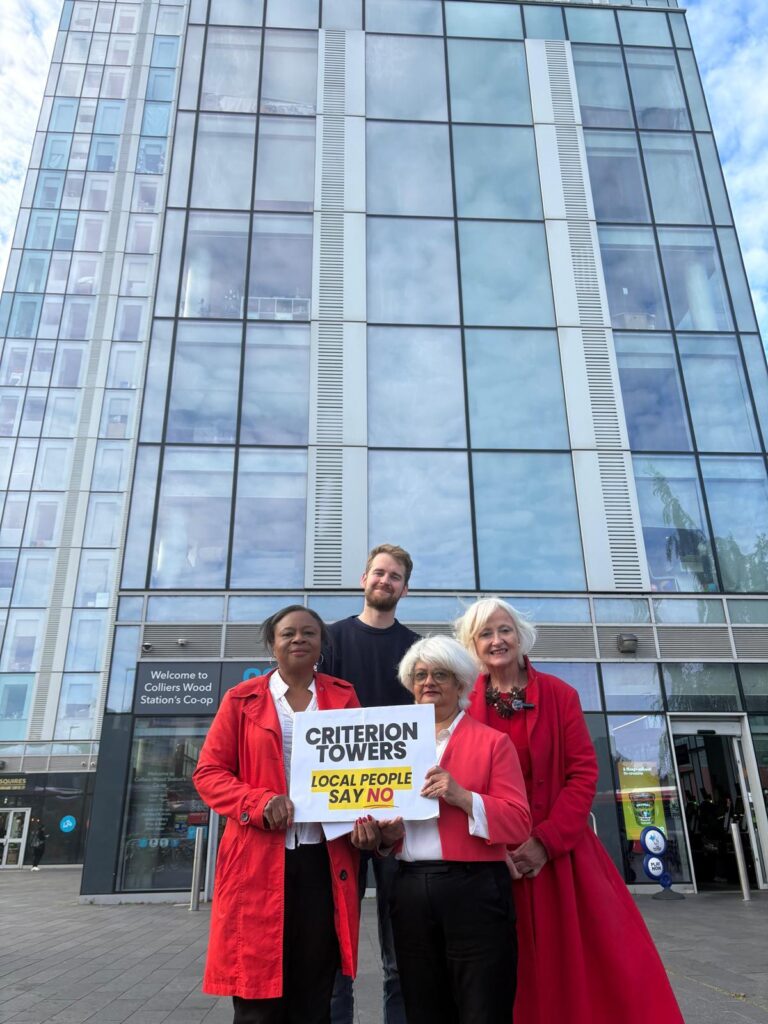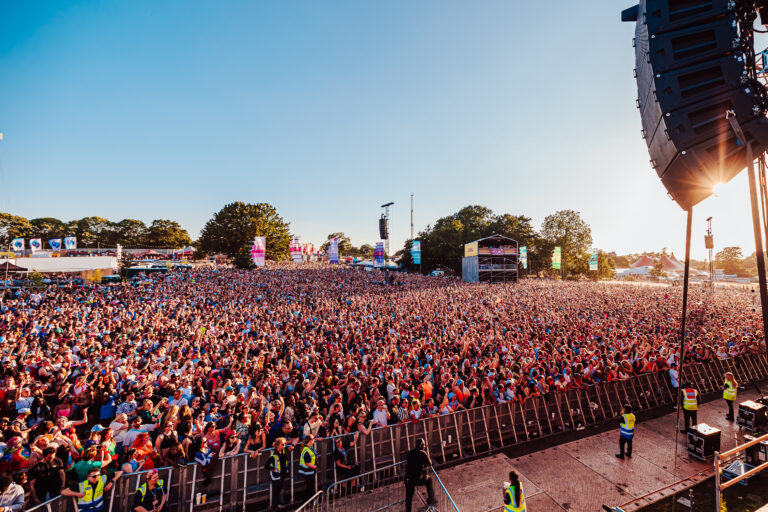A survivor of the Croydon tram crash gambled away all the compensation money he was given as he battled survivors’ guilt and PTSD from the trauma of what he saw that day.
Hugo, who has asked to keep his surname anonymous, was one of the 62 passengers who survived when a tram derailed in November 2016 near Sandilands, killing a further seven.
But the trauma of what he witnessed that day sent the now 50-year-old into a spiral, with addiction issues he was already battling taking on a new ferocity and the compensation he received coming at the worst possible time. At the time of the tram crash, Hugo was already homeless, sleeping at what’s known as a ‘floating shelter’ – a group of churches across Croydon that alternate in providing somewhere for homeless people to stay.
He said: “I was staying in a church just a few stops from New Addington and I had a temporary job I needed to go to on the day. I actually ran for that tram that morning, and then it happened. It was horrific.
“After it derailed there was electrical smoke inside the tram, so me and another passenger managed to grab a fire extinguisher and went to the driver’s door because he was unconscious. We managed to wake him up and then we smashed a hole in the window of the tram so people could start coming out.
“We were trapped in. The doors weren’t functioning. We eventually managed to escape but the whole thing was madness. There were so many injuries that we were taken to hospital by buses – big red TfL buses.”

Credit: Croydon Council.
While Hugo is lucky to have survived, it did not feel like that to him for a long time. He ultimately tried to take his own life and still has to live with the memory of what he saw. He said: “The things I saw were the most impactful thing; people cut in half, people caught under the tram, people without skin on their faces. One guy had his head chopped off, it was the kind of scene you could not unsee.”
Hugo received extensive therapy while living at his new home in Lower Addiscombe, having moved there in the aftermath. While he admits this place was good for him, the problems did not go away.
“I had to go through the processes of getting better because it was difficult,” he said. “I had survivor guilt, PTSD and depression. I kept asking myself why I survived and all those other people died. All of that accumulated until May 1, 2017, after my birthday when I made my first attempt on my life.
“That was after I said I would accept this amount for compensation for the crash, but I asked myself why I did that when my mental health was not in the right place. The psychiatrist said I was okay, but I knew I wasn’t.
“Suddenly I had all this money in my account and I didn’t know what to do with it, so I grabbed all these pills and alcohol and took that. In the middle of the night, someone called the ambulance and saved me.”
Hugo spoke about how this first suicide attempt meant access to see his now 19-year-old son was restricted for five years. “That created a massive issue for him, it was hard for him to understand,” added Hugo.
“The night I attempted suicide I was with him. That night I felt like I wanted to say goodbye to him. In the end though, he was the one that called the ambulance when he found me.
“After that, I became homeless again, I was in self-destruction mode. I didn’t want to stay in the Lower Addiscombe place anymore so I stopped paying rent. I had an addiction to drugs and gambling. I managed to spend £10,000 in one night, I blew it all.”

Photo by Facundo Arrizabalaga/MyLondon
Hugo resorted to sleeping rough again on the steps of Croydon Library, before making another attempt on his life. After surviving this attempt, he was put in touch with the homeless charity Thames Reach.
With their help, Hugo eventually moved out of Croydon to a one-bedroom flat in Fulham. He said: “I was away from the bad influences there, gambling and drugs were still on and off but I started working again and my life got better.”
Hugo, who was born in Angola and first came to London 24 years ago, suffered addiction issues for many years before the tram crash. After settling into a comfortable life in Croydon around the year 2000 he later became street homeless and fought addiction issues. So when the tram accident happened he was already in a vulnerable place and a downward spiral was inevitable.
Even now, after getting his life back on track he’s wary of how easily those problems can resurface. He explained: “You can still relapse, you’re never free from it. You could be thinking ‘I haven’t been doing this for five years’ but it can always happen again. It’s like a cage you can go back inside very quickly, you just need the trigger.”
After moving into his Fulham flat Hugo spent a few years moving around South London, and it was during this time he experienced another relapse, though thankfully it was short-lived. But it was his discovery of South Norwood Community Kitchen (SNCK) that really got him on the straight and narrow.

Photo by Facundo Arrizabalaga/MyLondon
At the time, the volunteer-run cafe and food bank was operating out of a Methodist church in the area every Saturday. After initially coming to the kitchen to access their food services, Hugo became drawn to the cafe’s community ethos and a distinct lack of judgment he had previously felt while using local authority housing services.
Speaking at the SNCK, Hugo said: “It was six years ago I started coming here, I knew there was a place you could get free food near the clocktower in Norwood Junction. I started going there on Saturday for my lunch, it was a beautiful environment.
“I got food and I could take it home even if I was homeless and sleeping in a staircase for three months. Then at some point, I started feeling the love for the place and thought I could cook some African and Portuguese dishes for them.”
Hugo’s passion for the SNCK encouraged him to move to the area, so he could provide support in the kitchen and cafe throughout the week. He, along with many of the more than 100 volunteers at the SNCK, now uses his personal experience of homelessness to help those who come through the cafe’s doors looking for support.

Photo by Facundo Arrizabalaga/MyLondon
He added: “I hold on very heavily to my SNCK family. They are my therapists, I can tell them everything and I feel comfortable telling them everything. Having the foundation you need to get out of homelessness is so hard, so many of the people I knew when I was homeless are still out there.”





